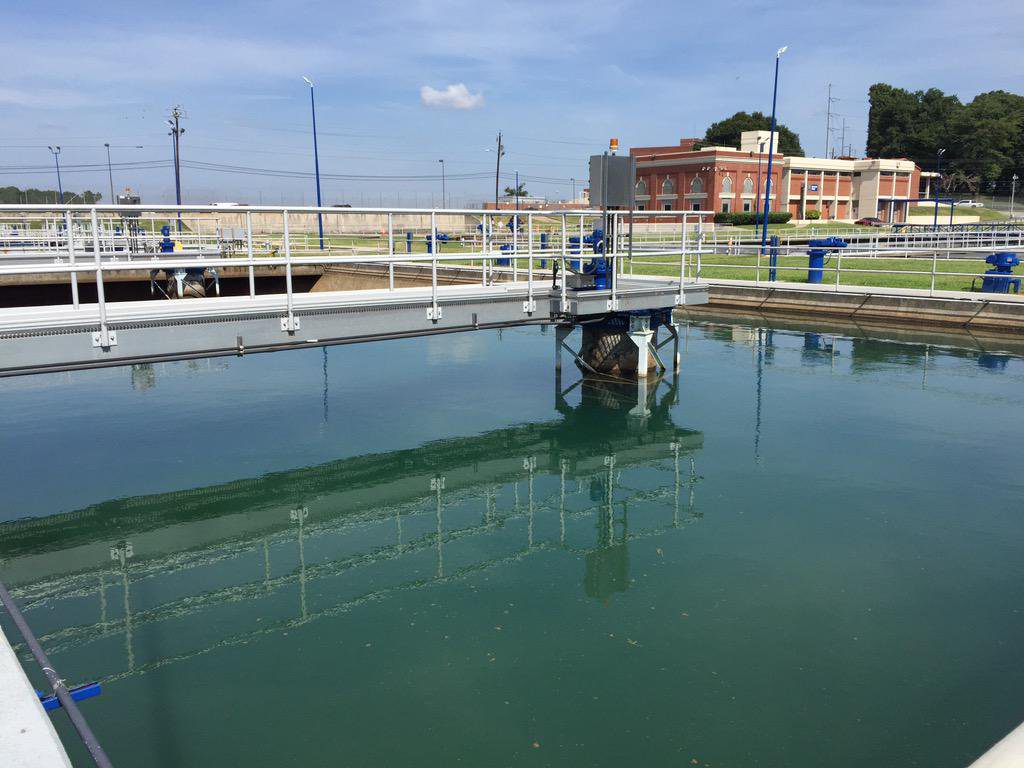Clean Water Atlanta Initiative Capital Improvement Program – Atlanta, Georgia

Clean Water Atlanta Initiative Capital Improvement Program
Client: City of Atlanta, Department of Watershed Management
Completion Date: December 2012
Category
GOVERNMENT, WATER RESOURCESThe Clean Water Atlanta Initiative, implemented by the City of Atlanta in 2003, encompassed a comprehensive, multi-project campaign to improve water quality and service delivery through capital construction efforts and enhanced operation of the City’s drinking water, wastewater, stormwater, and support systems. This aggressive 12-year capital improvement program (CIP), led by the Department of Watershed Management (DWM), envisioned spending approximately $3 billion on wastewater and sewer improvements and $942 million on drinking water system improvements. These initiatives were undertaken to comply with two federal consent decrees and two state consent orders to improve water quality throughout the metro Atlanta area, secure drinking water and wastewater facilities in accordance with United States Department of Homeland Security guidelines, and provide holistic management of the City’s water resources operation.
Due to revenue forecast changes as a result of the economic downturn and declining customer water usage, DWM leadership contracted with Russell in an effort to address audit findings and better position the department to handle the proposed revised CIP process. Russell modified and implemented project planning, prioritization, and execution. This was achieved through the adoption of a Project Management Office (PMO) to facilitate a “whole-life” project management approach and establishment of a Project Controls Group (PCG) to provide accountability and transparency in the execution of projects. Also, Russell required to develop specific project controls recommendations together with a plan for their implementation.
The PMO provided overall direction, policies and procedures, project management, and technical support in the areas of planning, design, construction, safety, risk management, asset management, contract compliance, diversity, outreach, finance, and quality assurance. And, the PCG supported the PMO in the day-to-day execution of project management functions, alongside an additional support staff. The PCG was staffed by project controls professionals charged with managing and reporting on project parameters including scope, schedule, budget, cost, quality and safety. Also, support staff provided additional services including administration, real estate and procurement support, diversity, and document control.


